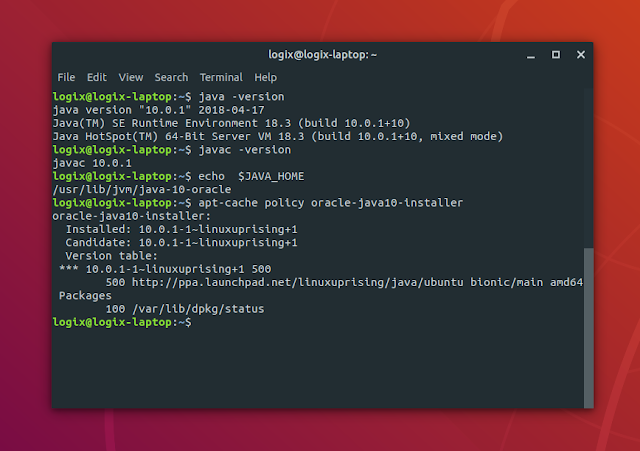
Import the repository’s GPG key using the following wgetĬommand: wget -qO - | sudo apt-key add -Īdd the AdoptOpenJDK APT repository to your system: sudo add-apt-repository -yes Over HTTPS: sudo apt update sudo apt install apt-transport-https ca-certificates wget dirmngr gnupg software-properties-common Start by updating the packages list and installing the dependencies necessary to add a new repository Repository, which provides prebuilt OpenJDK packages. Installing OpenJDK 8 #Īt the time of writing, the previous Java LTS version 8 is not available in the official Debian Buster repositories. If you need only JRE, install the default-jre package. That’s it! At this point, you have successfully installed Java on your Debian system. OpenJDK 64-Bit Server VM (build 11.0.3+7-post-Debian-5, mixed mode, sharing) OpenJDK Runtime Environment (build 11.0.3+7-post-Debian-5) The output should look something like this: openjdk version "11.0.3" Once the installation is complete, you can verify it by checking the Java version: java -version Or root to update the packages index and install the OpenJDK 11 JDK package: sudo apt update sudo apt install default-jdk Run the following commands as a user with sudo privileges OpenJDK 11, the open-source implementation of the Java Platform, is the default Java development and runtime in Debian 10, Buster. Some Java-based applications may require a specific version of Java, so you should consult the application documentation. If you are not sure which Java package to install, the general recommendation is to stick to the default OpenJDK (JDK 11) version. Java developers should install JDK, which includes JRE and development/debugging tools and libraries necessary to build Java applications. JRE includes the Java virtual machine (JVM), classes, and binaries that allow you to run Java programs.

The default Debian 10 repositories include two different Java packages, Java Runtime Environment (JRE) and Java Development Kit (JDK). Permits only non-commercial use of the software, such as personal use and development use. There are two different implementations of Java, OpenJDK and Oracle Java, with almost no differences between them except that Oracle Java has a few additional commercial features. Applications developed in Java are scalable, flexible, and maintainable.


Java is one of the most popular programming languages used to build different kinds of applications and systems. Install Openjdk on windows | openjdk installation windows


 0 kommentar(er)
0 kommentar(er)
